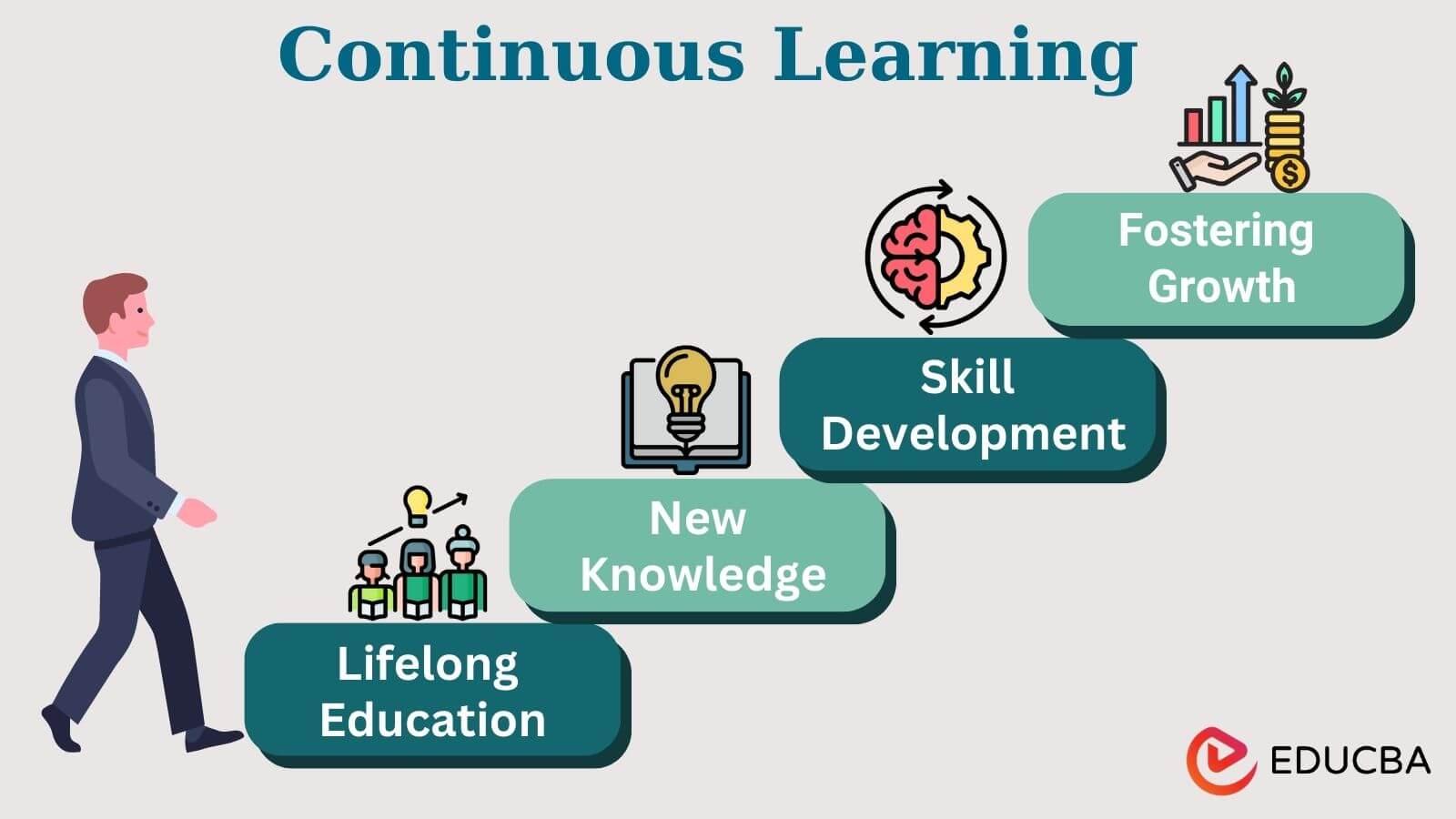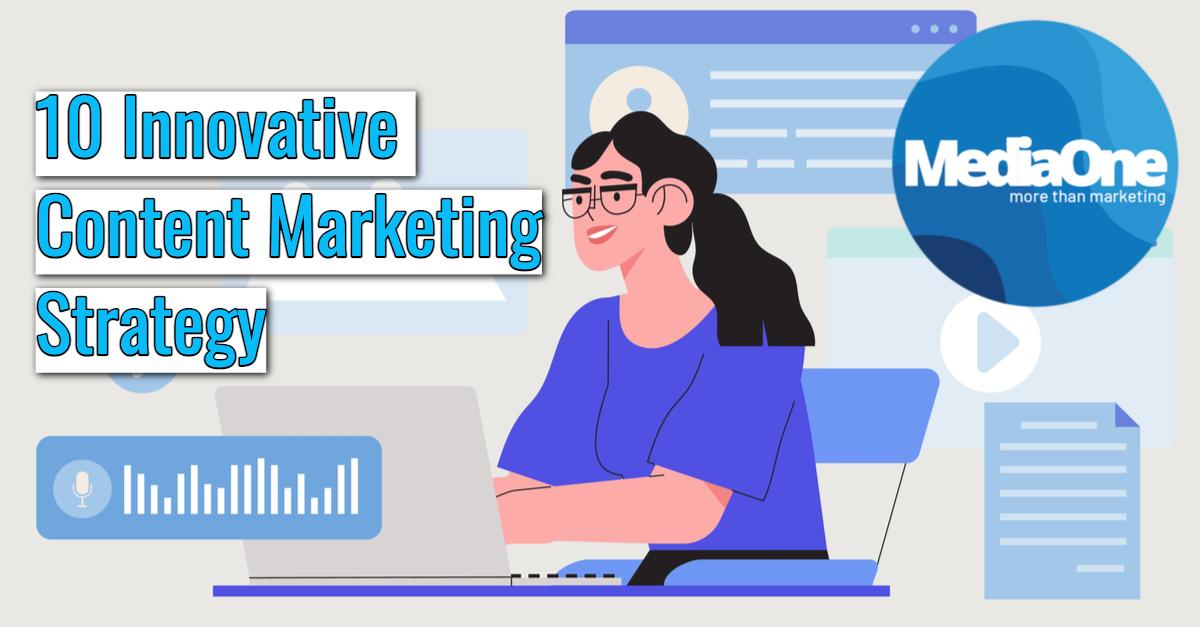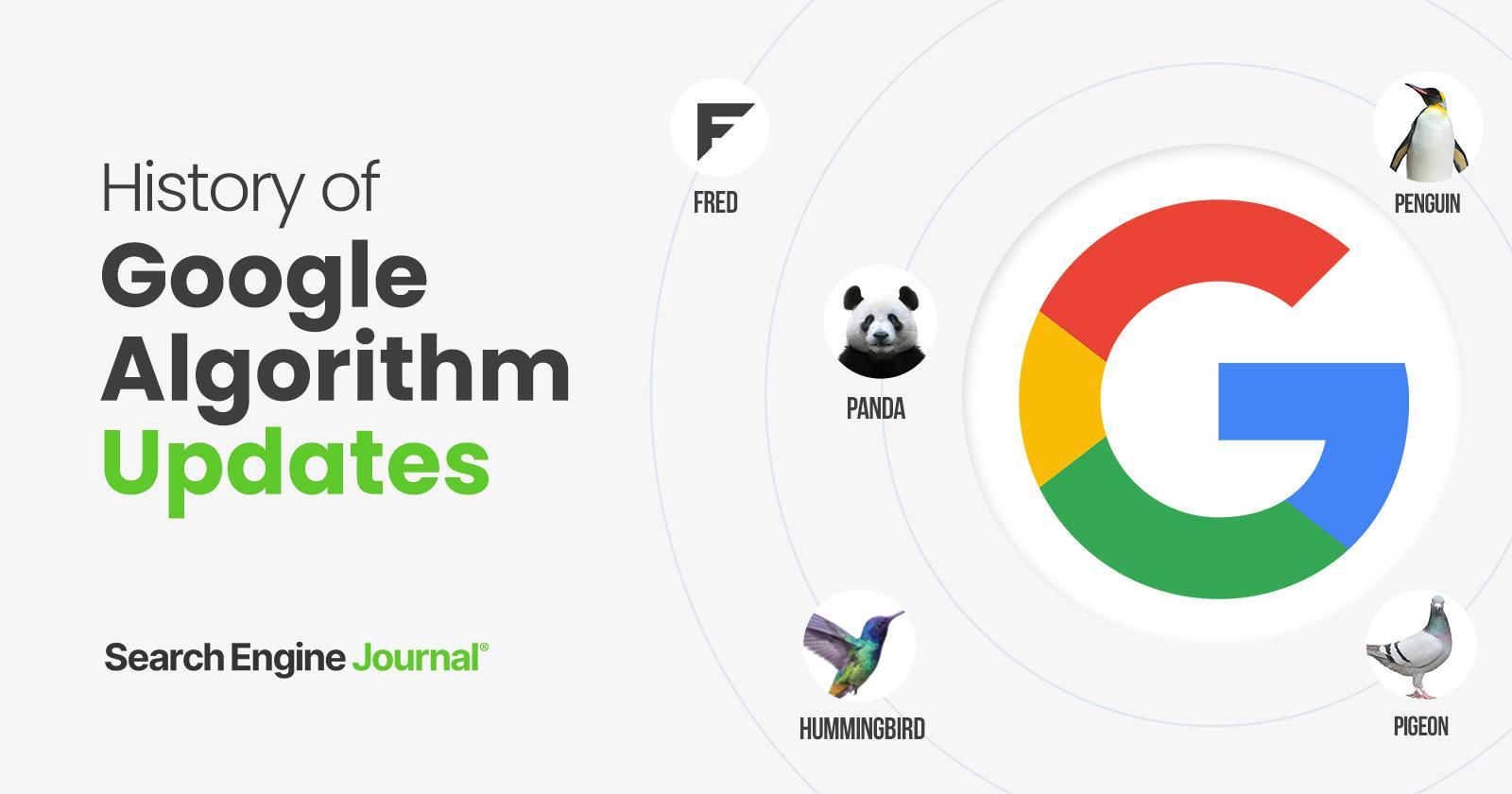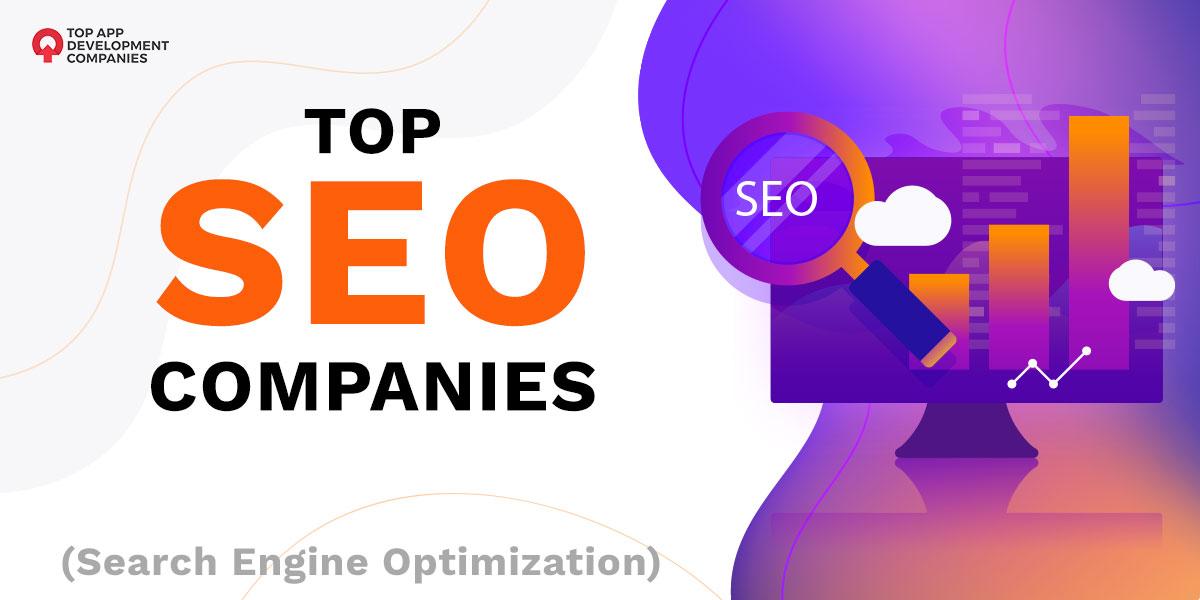Introduction:
In the ever-evolving digital landscape, staying relevant is more than just a goal; it’s a necessity. If you’ve ever wondered how SEO companies manage to keep thier clients soaring to the top of search engine results despite Google’s frequent algorithm updates, you’re not alone. Every time Google rolls out a new tweak,it sends waves of anxiety through the online marketing community. Yet, the best SEO firms thrive in this chaos, continually adapting and innovating to ensure their strategies remain effective. So, what’s their secret sauce? In this article, we’ll dive into the strategies, tools, and forward-thinking mindsets that empower these companies to stay one step ahead, helping them not only navigate change but also leverage it for their clients’ success. Ready to unlock the secrets behind SEO mastery? Let’s get started!
Understanding Google’s Algorithm Evolution
Google’s algorithm is not a static entity; it evolves continuously to enhance user experience and deliver more relevant search results. This evolution is driven by numerous factors, including advancements in technology, changing user behaviors, and the increasing sophistication of competitors. As a result, SEO companies must stay informed and agile, adapting their strategies to align with these changes. Here’s how thay do it:
- Monitoring Algorithm Updates: SEO experts closely track Google’s updates and announcements. Regularly checking sources like the Google Search Central blog and reputable SEO news outlets helps them anticipate changes and adjust their strategies accordingly.
- Data Analysis: by analyzing website performance metrics, SEO companies can identify patterns and shifts in search rankings resulting from algorithm changes. Tools like Google Analytics and Search Console are invaluable for this purpose.
- Testing and Experimentation: Many SEO professionals run A/B tests to see how different strategies impact rankings. This hands-on approach allows them to discover which techniques are most effective under the latest algorithm updates.
Along with these strategies,understanding the core principles behind Google’s algorithm is crucial. Google prioritizes quality content, relevance, and user experience. SEO companies focus on creating valuable content that meets user intent, ensuring that their clients remain compliant with the evolving guidelines. Key elements include:
- High-Quality Content: Content should be informative, engaging, and valuable to the target audience.
- Mobile Optimization: With the majority of users searching on mobile devices, ensuring a mobile-amiable website is essential.
- Page Speed: Fast-loading pages improve user experience and are favored by Google’s ranking algorithms.
SEO companies also pay attention to the semantic understanding of Google’s algorithms. as language processing technology improves, Google is better equipped to understand context and user intent. This is why SEO strategies now emphasize natural language, keywords, and phrases that resonate with actual user queries. Incorporating semantic keywords can help enhance a site’s visibility in search results.
| Google Algorithm Updates | Impact on SEO Strategies |
|---|---|
| Panda | Focus on quality content; reduce duplicate content |
| Penguin | Emphasize natural link building; avoid spammy tactics |
| Hummingbird | Adopt conversational keywords; align content with user intent |
By embracing these practices, SEO companies not only keep pace with Google’s algorithm evolution but also leverage it to create robust strategies that drive results. Continuous learning and adaptation are key in this dynamic field, ensuring that clients can thrive amid the constant changes.

The Importance of Continuous Learning in SEO
In the ever-evolving landscape of digital marketing, staying updated is not just an option; it’s a necessity. Search engine optimization (SEO) is particularly susceptible to change, with algorithms continuously being refined to improve user experience and search accuracy. This is where the concept of continuous learning becomes crucial for SEO professionals and companies. The ability to adapt and understand new trends can mean the difference between a thriving website and one that falls into obscurity.
SEO practitioners must embrace a mindset of perpetual education.Here are some key areas where ongoing learning is essential:
- Algorithm Updates: Google rolls out numerous updates each year. Keeping track of these changes helps in understanding shifts in ranking factors.
- Emerging Technologies: Technologies like AI and machine learning are reshaping the SEO landscape. Learning how to leverage these tools can provide a competitive edge.
- User Behavior Trends: Understanding how users interact with search engines and websites allows SEO professionals to tailor strategies effectively.
- Content Development: Mastering new content formats, such as video and podcasts, can enhance user engagement and improve search rankings.
Continuous learning not only fosters adaptability but also encourages innovation. by regularly attending webinars, conferences, and workshops, SEO specialists can exchange ideas and strategies. Participating in online courses and certifications can further sharpen their skills and keep them informed about best practices. Here’s a simple table illustrating popular resources that can aid in continuous learning:
| Resource Type | Examples |
|---|---|
| Online Courses | Coursera, udemy, Moz Academy |
| Webinars | SEMrush, HubSpot, Search Engine Journal |
| Conferences | SMX, Pubcon, BrightonSEO |
Moreover, being part of an active community of SEO professionals can enhance knowledge acquisition. Engaging in discussions on platforms like Reddit, Twitter, or specialized SEO forums can expose individuals to new ideas and perspectives.It’s through these interactions that SEO experts can stay ahead of their competitors, anticipating changes in the digital landscape before they fully materialize.
Ultimately, cannot be overstated. Companies that prioritize knowledge growth position themselves to not only survive but thrive amid constant change. by cultivating a culture of learning, SEO teams can unlock new opportunities, drive better results for their clients, and ensure their strategies remain effective amidst the shifting tides of digital marketing.

Leveraging Data Analytics for Competitive Advantage
In the rapidly evolving landscape of digital marketing, data analytics plays a critical role in shaping strategies that help SEO companies maintain their edge over google’s ever-changing algorithms.By harnessing the power of data, these companies can make informed decisions that not only optimize their clients’ websites but also anticipate shifts in search engine behavior. This proactive approach allows them to stay one step ahead, ensuring that their strategies align perfectly with the latest trends and best practices.
One of the primary methods SEO companies use to leverage data analytics is through keyword analysis. By analyzing search patterns and user behavior, they can identify high-potential keywords that can drive traffic. This involves:
- Monitoring search volume and competition levels
- Tracking seasonal trends
- Analyzing competitor keyword strategies
This data-driven focus enables SEO professionals to refine content strategies,ensuring they target the right audience with the right messaging at the right time.
Another vital aspect is the ongoing assessment of website performance metrics. By utilizing tools like Google Analytics and SEMrush, SEO companies can measure user engagement, page load times, and bounce rates. This allows for:
- Identifying underperforming pages
- Understanding user journeys
- Implementing A/B testing for continuous improvement
These insights provide a roadmap for ongoing optimization, ensuring that websites not only attract visitors but also convert them into loyal customers.
Moreover, leveraging social media analytics offers invaluable insights that can enhance overall SEO strategies. By tracking engagement metrics and audience demographics, SEO companies can tailor their content and outreach efforts. They can focus on:
- Crafting shareable content that resonates with the target demographic
- Identifying influential voices in the industry
- Adjusting campaigns based on real-time feedback
This synergy between social media and SEO amplifies visibility and establishes authority in a competitive landscape.
To summarize and illustrate the impact of data analytics, consider the following table that highlights the correlation between specific data points and SEO outcomes:
| Data Point | Impact on SEO |
|---|---|
| Search Volume | Guides keyword targeting efforts |
| Bounce Rate | Indicates content relevance and quality |
| Page load Time | Affects user experience and rankings |
| Social Shares | Enhances authority and reach |
By consistently analyzing and leveraging these data points, SEO companies are able to navigate the complexities of Google’s algorithms effectively and efficiently, ensuring sustained growth and visibility for their clients in an increasingly competitive digital marketplace.
Building strong Relationships with Industry Influencers
In the fast-paced world of SEO, cultivating relationships with industry influencers can be a game-changer. These connections not only enhance your credibility but also provide invaluable insights that help you stay ahead of Google’s ever-evolving algorithms. When you partner with influencers, you gain access to their audience, which can substantially boost your visibility and brand awareness.
To build these vital relationships, consider the following strategies:
- Engage on Social Media: Follow influencers on platforms like Twitter, LinkedIn, and Instagram. share their content, comment on their posts, and participate in discussions to get noticed.
- Offer Value: Rather of asking for favors right away, offer something of value first—whether it’s insightful content, collaboration opportunities, or even a simple shout-out.
- Attend Industry Events: Conferences and webinars are excellent places to meet influencers face-to-face. Networking in these settings can lead to fruitful long-term partnerships.
- guest Blogging: Write guest posts for influencer blogs. This not only showcases your expertise but also places your name in front of their audience.
Fostering these connections can lead to exciting collaborations, such as co-hosted webinars or joint content projects. When you align your goals with those of influencers, you create a win-win scenario that benefits both parties. For example, a well-crafted article or video can attract important engagement, setting the stage for future endeavors. Remember,consistency is key; building strong relationships takes time and effort.
| Collaboration Type | Potential Benefits |
|---|---|
| Social Media Campaigns | Increased reach and engagement |
| Joint Webinars | Shared expertise and audience growth |
| Co-Authored Articles | Enhanced credibility and authority |
Ultimately, is about creating genuine connections rather than transactional interactions. When you invest in these relationships, you’re not just enhancing your SEO strategies; you’re fostering a community that supports mutual growth and innovation. By leveraging these connections, you can stay agile and informed, ensuring that your SEO company is always one step ahead of the competition.

Innovative Content Strategies to Stay Relevant
In a digital landscape that’s constantly evolving, staying relevant requires more than just following trends; it demands innovative thinking and strategic planning. SEO companies are leveraging a variety of content strategies that not only align with current algorithms but also anticipate future trends.
Personalization is Key: One of the most powerful strategies is content personalization. By analyzing user data and behavior,SEO professionals can create tailored content that resonates with specific audiences. This could involve:
- Dynamic content that changes based on user preferences.
- Segmented email campaigns that deliver personalized recommendations.
- Interactive content like quizzes and polls that engage users directly.
Embracing Multimedia: As attention spans shorten, incorporating multimedia elements such as videos, infographics, and podcasts can significantly enhance user engagement. These formats not only make content more digestible but also improve SEO rankings. Here’s how:
- videos can increase the time spent on a webpage, signaling to search engines that the content is valuable.
- Infographics can simplify complex information and are often shared widely, boosting backlinks.
- Podcasts allow brands to connect with audiences on a more personal level, fostering loyalty and trust.
Utilizing Emerging Technologies: The integration of technologies like AI and machine learning is transforming how content is created and distributed. SEO companies are now utilizing:
| Technology | Benefit |
|---|---|
| Chatbots | Provide instant customer service and gather user insights. |
| Voice Search Optimization | Cater to the increasing number of voice searches by optimizing content for natural language queries. |
| Data Analytics | Refine content strategies based on real-time performance metrics. |
Enduring Content Practices: creating evergreen content that continues to attract traffic over time is crucial. This includes:
- Focusing on timeless topics that consistently generate interest.
- Regularly updating existing content to keep it fresh and relevant.
- Building a content calendar to ensure a steady flow of new material without sacrificing quality.
By adopting these innovative strategies, SEO companies not only keep pace with Google’s evolving algorithms but also create content that truly resonates with audiences, ensuring long-term relevance and success.
Embracing Technical SEO for Optimal Performance
In the fast-paced world of digital marketing,staying ahead of Google’s algorithms requires a solid grasp of technical SEO.As search engines continuously evolve,the methods we use to optimize our sites must adapt. Embracing technical SEO isn’t just about keeping up; it’s about setting the pace for your competition.
One of the critical components of technical SEO is ensuring your website is mobile-friendly. With over half of web traffic coming from mobile devices, Google prioritizes sites that offer a seamless mobile experience. This means:
- Responsive design: Your site should adjust effortlessly to any screen size.
- Fast loading speeds: Websites that load quickly on mobile are favored in rankings.
- Intuitive navigation: A simple, clear layout enhances user experience on smaller screens.
Another vital aspect is optimizing your site’s crawlability. This ensures that search engine bots can efficiently access and index your pages. here are key considerations:
- XML sitemaps: Create and submit your sitemap to help search engines understand your site structure.
- Robots.txt files: Use these to instruct search engines on which pages to index or ignore.
- Broken links: Regularly check for and fix broken links to maintain link equity and user trust.
Implementing structured data can also significantly boost your visibility in search results. by using schema markup, you can help search engines understand the context of your content, which enhances the chances of appearing in rich snippets. Consider the following advantages:
| Benefit | Description |
|---|---|
| Enhanced search results | Rich snippets attract more clicks by providing additional information. |
| Improved CTR | More engaging results lead to higher click-through rates. |
keeping your site secure with HTTPS is imperative.Google has explicitly stated that security is a ranking factor. A secure site builds trust with your audience, ensuring their data is protected. to maintain optimal performance, regularly assess your technical SEO strategies, as the landscape is always changing. By doing so, you’ll not only meet the current standards but also pave the way for future success.
Utilizing AI and Machine Learning for Predictive Insights
In the fast-paced world of digital marketing, SEO companies are increasingly leveraging AI and machine learning to gain an edge over Google’s constantly evolving algorithms.By harnessing the power of these technologies, they can analyze vast amounts of data at breakneck speed, uncovering patterns and trends that human analysts may overlook. This capability not only enhances their understanding of user behavior but also enables them to predict algorithm changes before they happen.
One of the most powerful applications of AI in SEO is it’s ability to identify and optimize for high-value keywords. Machine learning algorithms can process historical search data to determine which keywords are gaining traction and which ones are losing relevance. Armed with this insight,SEO professionals can refine their content strategies to focus on terms that will drive traffic and conversions.
Moreover, AI tools excel in performing competitive analysis. By continuously monitoring competitors’ strategies, these systems can provide actionable insights on what works and what doesn’t in real-time. SEO companies can quickly adapt their tactics based on this analysis, ensuring they remain one step ahead in the rankings. Here’s a quick overview of how AI enhances competitive strategies:
| Feature | Benefit |
|---|---|
| Keyword Tracking | Identifies trending keywords in your niche. |
| Backlink Analysis | Uncovers valuable link-building opportunities. |
| Content Gap Analysis | Reveals topics competitors are ranking for that you’re not. |
Another significant advantage is the ability to enhance user experience through personalized content recommendations. Machine learning algorithms can analyze user interaction data, allowing SEO companies to create tailored content that meets specific user needs. This level of personalization not only boosts engagement but also increases the likelihood of conversions, thereby improving overall rankings.
Ultimately, the integration of AI and machine learning into SEO strategies is transforming how businesses approach digital marketing. as algorithms become more complex, those who adopt these technologies will not only survive but thrive.The future of SEO lies in predictive insights, and companies that leverage AI will undoubtedly set the standard for success in this ever-changing landscape.

The Role of User Experience in SEO Success
In the ever-evolving landscape of digital marketing, the intersection of user experience (UX) and search engine optimization (SEO) has become increasingly significant. Search engines, especially Google, prioritize delivering the best possible results to users, which means that a website’s UX directly impacts its SEO performance. When users engage positively with a site,it signals to search engines that the content is valuable,leading to better rankings.
Consider the factors that contribute to a positive user experience:
- Load speed: A fast-loading website keeps users engaged and reduces bounce rates.
- Mobile Responsiveness: With a growing number of users accessing sites via mobile devices, ensuring your site is mobile-friendly is crucial.
- Intuitive Navigation: Clear and easy navigation helps users find what they’re looking for without frustration.
- Quality Content: Engaging, relevant content not only satisfies users but also encourages longer visit durations.
When SEO companies craft strategies, they must keep these user experience elements in mind. A site that prioritizes its visitors tends to see lower bounce rates and higher engagement, both of which are favorable signals to search engines. Furthermore, google’s algorithms are increasingly sophisticated, taking into account user behavior metrics like dwell time and click-through rates to assess the quality of a website’s content.
To illustrate the impact of UX on SEO, consider the following table that highlights key UX elements and their corresponding SEO benefits:
| UX Element | SEO Benefit |
|---|---|
| Fast Load Times | Reduced bounce rates, better rankings |
| Mobile Optimization | Increased traffic from mobile users |
| Clear Call-to-Actions | Higher conversion rates, lower drop-off |
| Readable Content | improved user retention and sharing |
Ultimately, a seamless user experience is not just a nice-to-have; it’s a critical component of a successful SEO strategy.As SEO companies refine their tactics,they must focus on creating a holistic approach that marries technical SEO with user-centric design. This not only ensures compliance with algorithm updates but also fosters a loyal audience that keeps coming back for more.

Staying Agile: Adapting Strategies to Algorithm Changes
In the rapidly evolving realm of SEO, staying ahead of algorithm changes requires a proactive approach. Successful companies understand that flexibility is key to thriving in this environment. They employ a variety of strategies to ensure they can pivot quickly and effectively in response to new updates from Google.
Continuous Learning and Education
Top SEO firms prioritize ongoing education for their teams. By attending workshops, webinars, and industry conferences, they stay updated on the latest trends and algorithm updates. This commitment to learning fosters a culture of adaptability, enabling them to:
- Integrate new techniques into their existing strategies.
- Understand the implications of algorithm changes on their clients’ websites.
- anticipate future trends based on emerging patterns.
Data-Driven Decision-Making
To effectively adapt to changes, data is king. Leading SEO companies utilize advanced analytics tools to monitor website performance metrics. This allows them to identify fluctuations in traffic and rankings swiftly. They frequently enough implement:
- A/B testing to evaluate the impact of different strategies.
- Heat maps to understand user behavior and adjust site layouts.
- Comprehensive keyword research to align with changing search intents.
Agile Methodologies
Incorporating agile methodologies into their workflow enhances responsiveness. Teams work in sprints, allowing for rapid adjustments based on real-time feedback. This approach promotes collaboration and ensures that everyone remains focused on the end goal: achieving optimal results for clients. A typical sprint may include:
| Task | Duration | Outcome |
|---|---|---|
| Keyword Analysis | 1 Week | Updated Keyword Strategy |
| Content Creation | 2 Weeks | Fresh, Relevant Content |
| Performance Review | 1 Week | Strategy adjustments |
Building Strong Relationships
Lastly, fostering strong relationships with industry influencers and Google representatives can provide invaluable insights. These connections can lead to early warnings about upcoming changes and trends. SEO companies frequently enough engage in:
- Networking events to establish connections.
- Collaborative projects with other digital marketing professionals.
- Regular discussions with clients to gather feedback and insights.
By combining these strategies,SEO companies not only adapt to algorithm changes but also position themselves as leaders in the industry. They don’t just survive; they thrive, continually enhancing their services to deliver extraordinary results for their clients.

Future-Proofing Your SEO Approach for Long-Term Success
As search engines evolve, so too must the strategies we implement to maintain online visibility. Adapting to algorithm changes is crucial, and savvy SEO companies understand the importance of building a resilient foundation. Here are some key strategies they employ:
- Focus on user Experience: Prioritizing website usability ensures that visitors stay longer and engage more. This includes optimizing load times, mobile responsiveness, and intuitive navigation.
- Quality Content Creation: Producing content that answers user queries effectively not only enhances engagement but also boosts rankings. In-depth articles, videos, and infographics are essential tools.
- Embrace Voice Search: With the rise of smart speakers, optimizing for voice search has become indispensable. This means focusing on natural language processing and conversational keywords.
- Structured Data Markup: Implementing schema markup helps search engines understand your content better, leading to enhanced visibility through rich snippets and improved click-through rates.
Moreover, employing a proactive approach to link-building can also set a brand apart. this involves:
- Building Relationships: Collaborating with influencers and industry leaders to earn valuable backlinks.
- Diverse Link Sources: Creating a balanced profile with links from various domains, ensuring a natural link-building strategy.
- Monitoring Competitors: keeping an eye on competitors’ backlinks can reveal new opportunities for your own site.
Investing in analytics and tracking tools is another cornerstone of a future-proof SEO strategy. Understanding data patterns allows companies to pivot quickly when necessary. Key metrics to monitor include:
| Metric | importance |
|---|---|
| Organic Traffic | Measures the effectiveness of SEO strategies. |
| Bounce Rate | Indicates user engagement and content relevance. |
| Conversion Rate | Shows the effectiveness of calls to action and user journey. |
Lastly, fostering a culture of continuous learning within the SEO team will ensure that everyone remains adaptable to changes. Regular training sessions and workshops on the latest trends can keep your team ahead of the curve, making it easier to pivot your strategies as needed.
Frequently Asked Questions (FAQ)
Q&A: How SEO Companies Stay One Step Ahead of Google’s Algorithms
Q: Why is it crucial for SEO companies to stay ahead of Google’s algorithms?
A: Staying ahead of Google’s algorithms is essential because these updates can dramatically affect a website’s visibility and traffic. If SEO companies can anticipate changes, they can adapt their strategies proactively, ensuring their clients maintain or improve their rankings rather than getting left behind.Q: What are some common strategies SEO companies use to keep up with algorithm changes?
A: Great question! SEO companies frequently enough rely on a mix of data analysis, industry news, and expert insights. They monitor search engine updates closely and utilize tools like Google Analytics to track performance trends. Additionally, they engage with SEO communities, attend conferences, and invest in ongoing education to stay informed.
Q: How do SEO companies utilize data analytics to forecast algorithm changes?
A: Data analytics is a game-changer! By analyzing past algorithm updates and their impact on search results, SEO professionals can identify patterns and signals. They also keep an eye on user behavior metrics,such as click-through rates and dwell time,to predict how future updates might affect rankings.
Q: can you share an example of a recent Google algorithm update and how an SEO company adapted to it?
A: Absolutely! Take the recent Core Web Vitals update, as an example. SEO companies quickly shifted their focus to improving page speed, mobile responsiveness, and overall user experience. They optimized their clients’ websites by compressing images, reducing server response times, and ensuring mobile-friendliness. This proactive approach helped their clients stay competitive and retain traffic.
Q: What role does content play in staying ahead of Google’s algorithms?
A: Content is king! High-quality, relevant content is crucial because Google prioritizes user satisfaction. SEO companies focus on creating valuable content that answers users’ questions while incorporating targeted keywords naturally. They also ensure that content is regularly updated to keep it fresh and in line with evolving user intent and search trends.
Q: How vital is mobile optimization in the context of SEO?
A: It’s vital! With the majority of searches now happening on mobile devices, Google has shifted its focus to mobile-first indexing. SEO companies make sure that their clients’ websites are fully optimized for mobile users, ensuring fast load times, easy navigation, and a seamless experience. If you’re not mobile-friendly, you’re likely missing out on a significant amount of traffic.
Q: What should businesses look for when choosing an SEO company?
A: When selecting an SEO company, businesses should look for a track record of staying updated with SEO trends and algorithm changes. openness is key—ask about their strategies and how they measure success. choose a company that prioritizes ethical SEO practices. Black-hat tactics may yield short-term results, but they can lead to penalties in the long run.
Q: How can businesses ensure they stay updated on SEO best practices?
A: Staying informed is a continuous process! Businesses can subscribe to industry blogs, attend webinars, and follow SEO leaders on social media. Joining online forums and communities can also provide valuable insights and tips.The more engaged you are with the SEO landscape, the better prepared you’ll be to adapt to changes.Q: what’s the biggest takeaway for businesses looking to improve their SEO?
A: The biggest takeaway is that SEO is not a one-time effort but a dynamic, ongoing process. By partnering with a informed SEO company and staying informed about the latest trends and updates,businesses can enhance their online presence and achieve long-term success. Embrace change, and don’t be afraid to innovate!
Insights and Conclusions
As we wrap up our exploration of how SEO companies manage to stay one step ahead of Google’s ever-evolving algorithms, it’s clear that the world of search engine optimization is anything but static. These experts don’t just react to changes; they anticipate them, continually adapting their strategies to not only survive but thrive in a digital landscape that’s constantly shifting.
So, what’s the takeaway for you? If you’re looking to boost your online presence, partnering with a forward-thinking SEO company could be the game-changer you need. By leveraging their knowledge and innovative techniques, you’ll not only keep pace with Google’s updates but also position your brand for long-term success.
Remember,in the digital age,staying stagnant is not an option. Embrace the future of SEO, and let the experts guide you through the intricacies of online visibility.After all, your business deserves to be seen, heard, and celebrated! Ready to take the leap? Let’s make it happen together!




